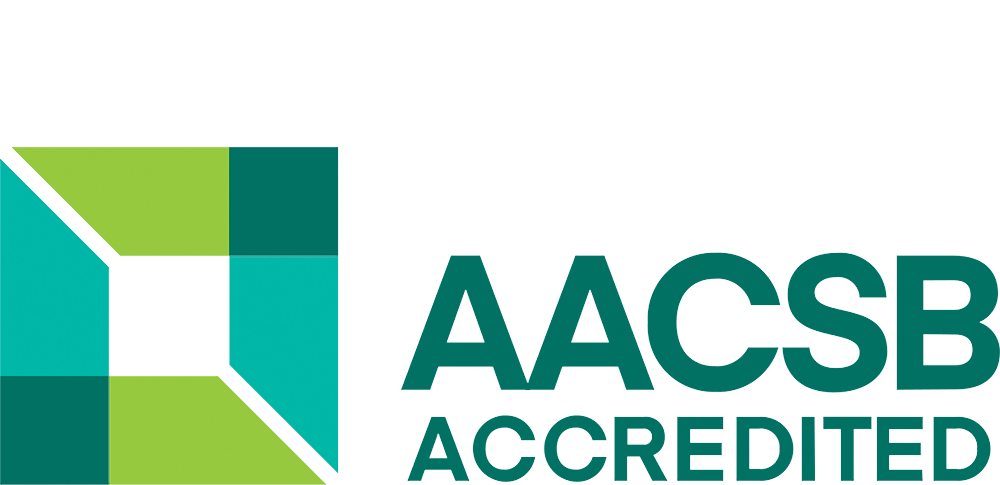
23 Jul 2021
What is in-company training?
Nowadays, there are many ways of training: short training, long training, a work-study courses, distance learning, face-to-face training
Read the article


30 Nov 2022

Domaines professionnels
Entreprenariat
Do you have an entrepreneurial streak? Do you want to start your own business? A business creation project takes time and involves many steps to bring it to fruition. The IPAG business school presents the essential steps to take to launch your professional project with complete peace of mind.
From the initial idea to the realisation of the project, the creation of a business is an idea that matures and deepens over time. Whether it is innovative or obvious, it will only be of real use if it is implemented methodically. To structure your project, here are the essential steps to follow in setting up a business.
The first step is to carry out a market study to define the contours of the future activity. The aim is to study the feasibility of the project, to assess the competition, to know the potential target and the environment in which the business will operate.
The idea will then be defined with the help of a business model, which describes how the company creates value. So your research and thinking leads you to define precisely what service or product you are going to sell, to what target group, for what purpose and in what way.
Then you need to draw up a business plan, which is the result of all the studies carried out upstream. It is a file that formalises your business creation project in its entirety. It frames all the elements of the project: the market environment, the targets, the commercial strategy, the financial forecasts and the choice of legal form. It is an essential tool for setting development objectives and convincing future partners of the viability of the project.
To start your own business, you need to choose the legal form best suited to your business project. The status is determined on the basis of several factors, such as the number of partners, the amount of contributions, the taxation of profits and the tax system. It is possible to opt for a status subject to corporation tax (IS) or income tax (IR).
The legal forms subject to corporate income tax are:
Conversely, the legal forms subject to IR are:
Some legal forms may have a choice of tax regime, such as the SAS/SASU, the SARL/EURL and the EIRL, for a limited time (5 financial years).
Once you have assessed your needs and the financial resources you can mobilise, it is important to identify the possible aid and financial solutions for the missing capital.
There are various government aid schemes for business creation such as NACRE, JEI status, ACRE and others. You can also opt for subsidies or loans of honour, a bank loan or crowdfunding.
There are several possibilities for domiciling a business: at your own home, a business premises, a coworking space, a business incubator, etc. However, you must be careful to choose a location that is suited to the needs of your future business. If the activity does not require the use of premises, the entrepreneur can domicile his or her business in his or her own home, provided that the lease or co-ownership regulations do not prevent this.
Setting up a business requires several formalities to be achieved. You must register your business with the CFE. This registration process is done online and consists of declaring your activity. Declarations are made to the Sirene register, and then, depending on your activity and status, to the RCS, RM or RSAC.
You should also take out professional liability insurance, which is compulsory for certain sectors of activity, to cover your business in the event of damage caused to a third party. Other administrative declarations specific to certain statutes or professional activities must also be achieved on the Infogreffe website.
To learn about entrepreneurship, several professional training courses on setting up a business are available in initial and continuing education. For continuing education, you should turn to professional organisations such as chambers of commerce and industry, the AFPA or ask for validation of prior learning (VAE).
As far as initial training is concerned, specific courses are also offered at universities (IAE, IUT and D2E) and in business schools. At IPAG, our training for entrepreneurs aims to provide future graduates with a complete entrepreneurial profile. You have the possibility to choose the master's degree in entrepreneurship and project management, which allows you to acquire all the skills needed to implement a business creation project and its management. We also offer an MSc digital entrepreneur & project management aimed at students with an entrepreneurial or intrapreneurial project to develop new markets through new technologies and innovation.
Are you a recent graduate or an employee looking for expertise? Our business school offers a variety of degree courses, which can be taken on a work-study course, by distance learning or in English. Discover IPAG's programme of courses and also one of our school's flagship courses, the Master's Programme Grande École, which delivers a diploma at bac +5 level in a number of specialisations.

23 Jul 2021
Nowadays, there are many ways of training: short training, long training, a work-study courses, distance learning, face-to-face training
Read the article

17 Oct 2022
Are you looking for a strong international focus in your studies?
Read the article

20 Nov 2020
In just a few years, consumption habits have been revolutionised by the digital world. Both marketing and offline communication have largely given way to online strategies.
Read the article
Application
Contact